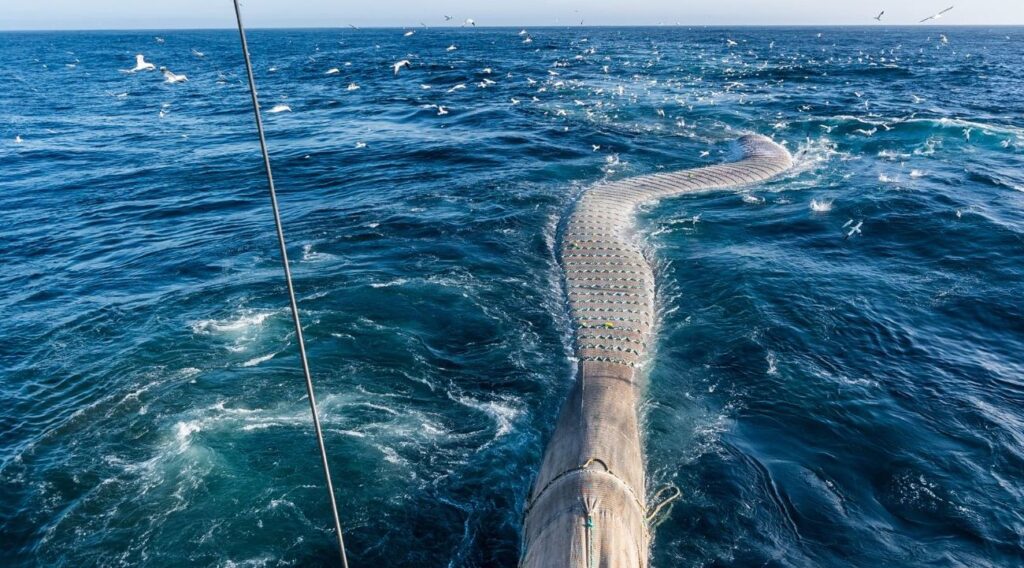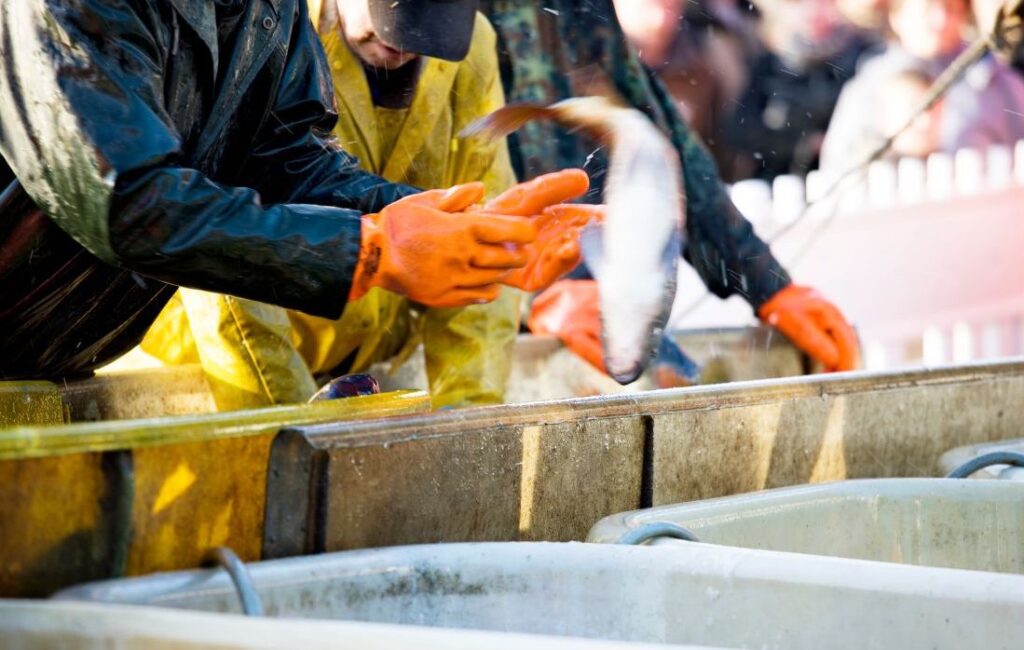Breaking News: Historic UN Treaty to Protect High Seas Confirmed; Sea Save Foundation Spearheads Advocacy Efforts
Georgienne Bradley
September 21, 2023
In a landmark achievement that underscores two decades of international negotiations, more than 66 countries officially signed a United Nations treaty to protect the high seas from overfishing, oil drilling, and climate change on September 21st. Sea Save Foundation, as an integral part of a vast coalition of organizations, has worked tirelessly to ensure global leaders and the general public recognize the urgency and significance of this transformative treaty.
A Turning Point in Marine Conservation
Titled the Treaty on Biodiversity Beyond National Jurisdiction (BBNJ), the agreement sets up a framework for member states to establish Marine Protected Areas (MPAs) to defend critical ocean habitats from exploitative activities. With additional signatures expected until 2025, optimism is high that the treaty signals a major global turning point in marine conservation efforts.

The High Seas: Our Global Lifeline
Covering more than half of Earth’s surface and constituting two-thirds of the global ocean, the high seas are indispensable to life on our planet. Despite their importance, less than one percent are currently under any form of legal protection. The ocean, according to data from the National Ocean Service, produces nearly half of our oxygen and absorbs a quarter of all CO2 emissions, making it the UN’s designated ‘greatest ally against climate change.’
Sea Save Foundation has been committed to raising awareness and building a public coalition to ensure the adoption of the BBNJ treaty.
Next Steps and Challenges
The treaty will only come into effect once 60 countries have domestically ratified it and enacted its provisions into law. This milestone is crucial for meeting the UN’s ’30 by 30′ pledge to protect 30% of the ocean by 2030. The next critical phase involves identifying and establishing MPAs for the most vulnerable ecosystems in the high seas.
Global Consensus and Ongoing Commitment
The momentum behind the treaty appears robust, with more than 190 countries expressing support for its formal UN adoption on September 19th. The United States, China, Australia, the UK, and EU were among the initial signatories, solidifying global commitment to this critical endeavor.

Time is of the Essence
“Race to ratification has begun, and we urge countries to be ambitious,” said Mads Christensen, interim executive director of Greenpeace International. Individual ratification and integration by each country will be required to ensure the treaty comes into force by 2025.
Sea Save Foundation, celebrating this milestone, reiterates that the work is far from over. The Foundation remains committed to advocating for marine conservation and will continue to influence global leaders to meet the urgent challenges that our oceans face.




